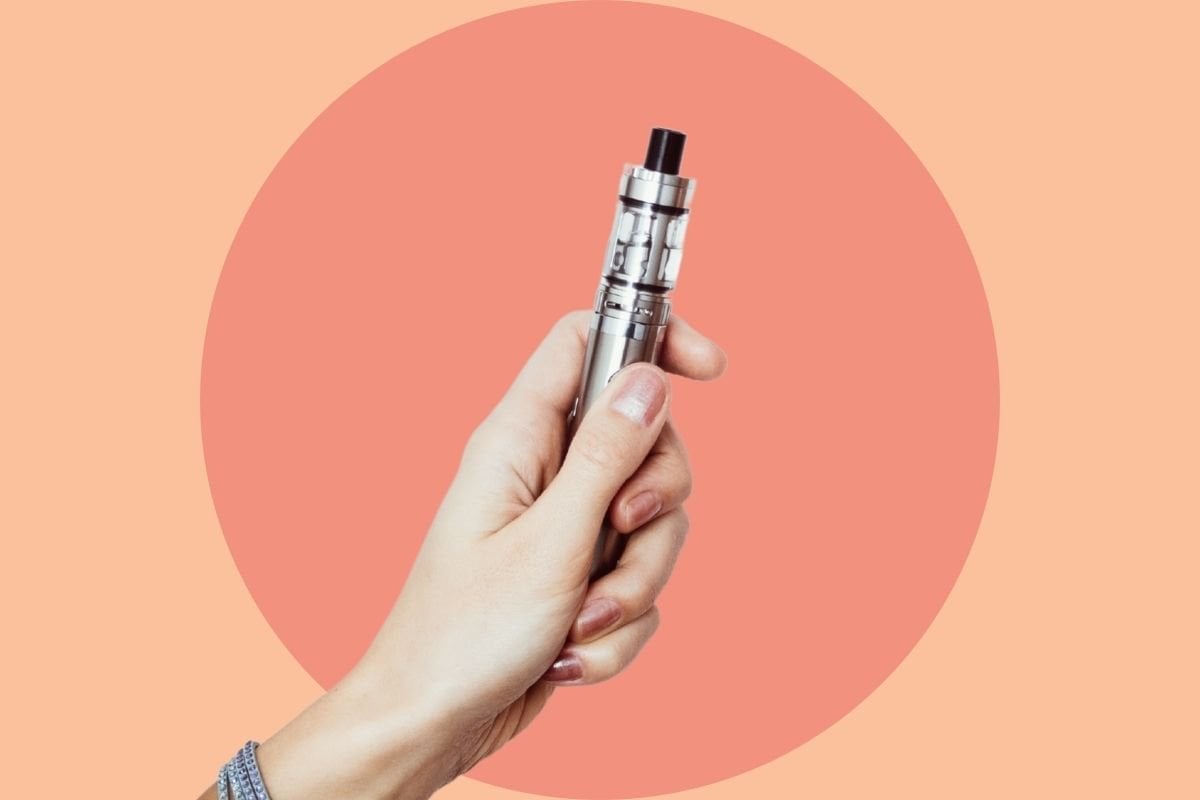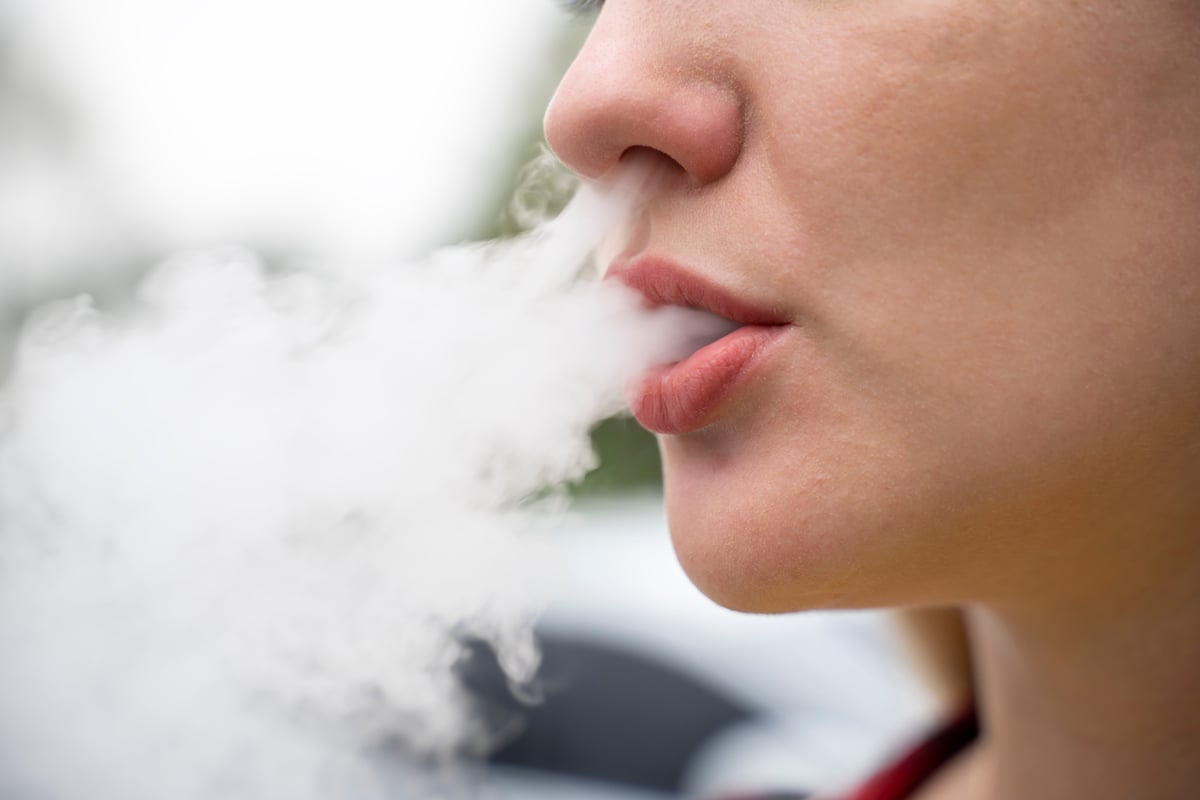
From sweet and fruity flavours to the discrete packaging, in recent years vaping has absolutely exploded in popularity. It's the trendy new thing to do. Just ask any teenager. Marketed as a safer alternative to cigarettes, the clouded swirls of smoke and fruity scents have become the norm on our streets, pubs, clubs... and schools.
But just how safe is it?
While vaping hasn't exactly been around for long enough for studies to be done on long-term health effects, medical experts say we are starting to see some worrying health conditions. And it's hitting young people hard.
Watch: How does smoking affect your face? Check out this video. Post continues below.
For example, in 2019 there was a mysterious cluster of lung illnesses across the US - most of them were otherwise healthy people in their early 20s or teens. All of them have a history of vaping.
The Centers for Disease Control and Prevention and state agencies reported 2,602 lung injury cases that required hospitalisation and 59 deaths linked to vaping.
Patients with vaping-related lung injuries mostly involved younger people, especially young men and boys.




Top Comments